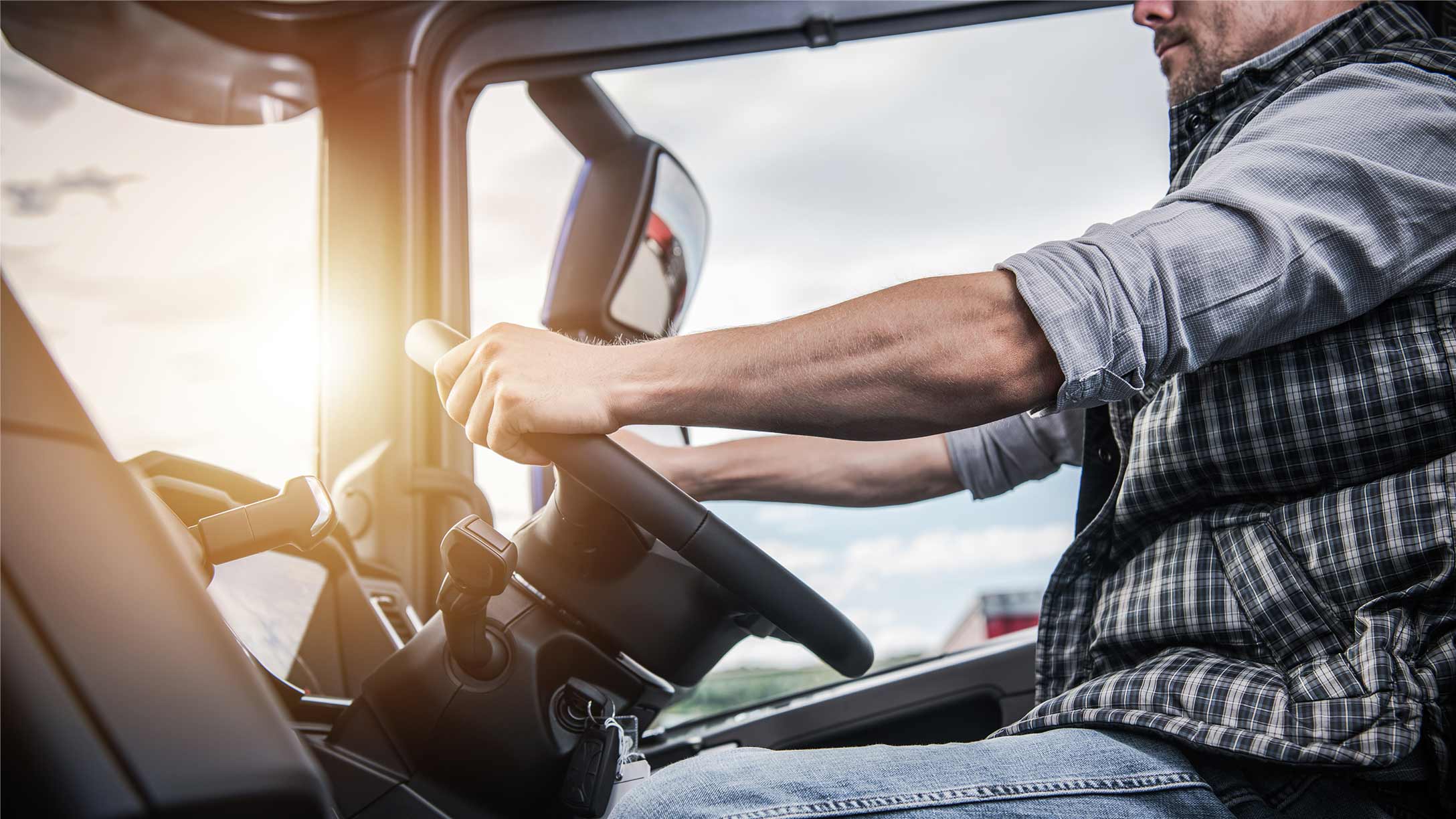Finding Solutions to Navigate Today’s Driver Shortage
With news headlines and collective concerns revolving primarily around vaccine rollouts, returning to physical society, and natural disasters induced by climate change, it is easy to lose sight of other ongoing epidemics.


Supply chain disruptions have taken a back seat in terms of the limelight, but many long standing issues are coming to a head. Now, thousands of professional lorry drivers are calling for change, expressing thorough exhaustion from unfavourable working conditions that have been exacerbated amid the COVID-19 backdrop.
Recently, the Irish Road Haulage Association (IRHA) estimated that at least 4000 drivers are needed to avoid ‘serious and severe’ impact on deliveries across the country. Our neighbours in the UK are experiencing similar if not worse issues. The UK Road Haulage Association (RHA) is reporting a shortage of 65,000 trained drivers, which is pushing driver salaries up to the detriment of consumers. To cope with demand, the Department for Transport has temporarily adjusted driving limits and rest periods.
Widespread feelings of unappreciation from industry professionals should not be ignored, particularly when it comes from those that make up the lifeblood of our supply chains. Immediate relief is needed, before an already over-extended workforce burns out entirely. While a ready-made solution appears hard to come by, there are technological innovations and new opportunities emerging which offer a means to rebuild the fleet and logistics industry for a new age.
Truck Autonomy and Climate Change
Large investments are pouring into autonomous trucking, overtaking that of self-driving cars. Although lorry drivers are the most susceptible to job loss due to technological advancements, in the short-term it could throw a lifeline to a strained supply chain. Already, companies exist that are making completely automated trucking a reality, offering a solution that could be achievable within the next decade.
The reported cost savings of vehicle automation for businesses dependent on heavy goods vehicles (HGVs) - a crucial cog in the intricate logistical web spanning across the globe - soar into the hundreds of millions. Between cutting down driving time and saving on labour costs, autonomous trucking could free enough capital to address the severe environmental impact road freight has on the environment. Staggeringly, while HGVs account for just 2% of vehicles in the EU, they contribute to 22% of emissions.
Still though, autonomous driving vehicles currently require human supervision, with safety regulation compliance posing the greatest challenge. Considering the severity and urgency of the driver shortage, for example with licence testing of 30,000 new drivers in the UK delayed and 15,000 truck drivers emigrating due to Brexit, the introduction of autonomous trucking vehicles is not an immediate solution to rectify the current crisis in the supply chain.
Low Cost, High Impact Solution Needed
In Ireland, 150 million tonnes of cargo was transported via road freight in 2018 alone. These lorry drivers are quite literally our last line of defence for our distribution chains and societies that depend on them. Accordingly, President of the IRHA, Eugene Drennan has made several appeals to improve working conditions for lorry drivers, issuing a letter to the Taoiseach to reconsider budget constrictions and urging truck drivers to speak out.
One possible solution amidst this ongoing crisis is to implement telematics into trucking fleets to ease the symptoms of the current malaise. This practice has quickly gained recognition within the trucking and transportation industry for its efficacy in improving the efficiency of one’s fleet. Through a combination of transmission of information and practical application of data, this blend of telecommunications and informatics can deliver profound savings on costs — 12% on labour, 40% on fuel and 21.1% on accident incurred expenditure.
The European road freight transportation market is expected to reach $596.92 Billion by 2025 (over €500B), while the UK market lags behind at 84% recovery of pre-Covid-19 levels. In either case, the savings offered by telematics can be redirected to improve working conditions for drivers. Similarly, cost savings accrued through smart telematics-based applications could be diverted to satisfy wage demands and decarbonise road freight.
The Road to Redemption
The benefits of telematics are numerous for both insurers and insureds. Optimising vehicle usage using practical data sets can have numerous benefits beyond improving working conditions. Telematics can encourage better driving habits, lowering claims for insurers. Telematics can be thought of as an Apple Watch for your vehicle, and while drivers may be resistant at first to constant monitoring, telematics also captures good and efficient driving behaviour for which drivers should be compensated accordingly.
While experts estimate that truck drivers may be replaced with AI within the next decade, we must look to alleviate the current issues facing our drivers right now. Truck driving is a high risk job and imperative to the operation of our entire economy and society, with disastrous consequences should we neglect these workers any further.

Sales professional dedicated to the simplification of complex solutions in the transport industry.

.jpg)



